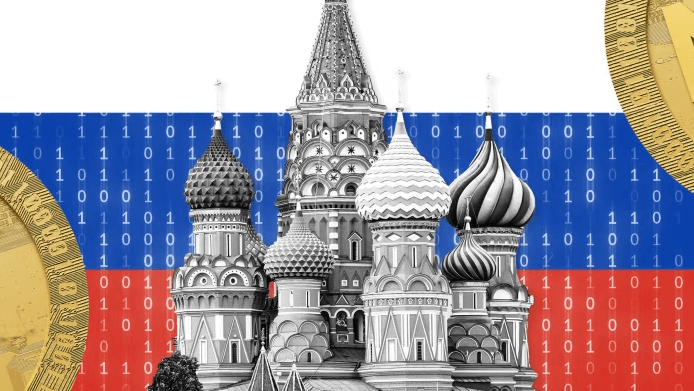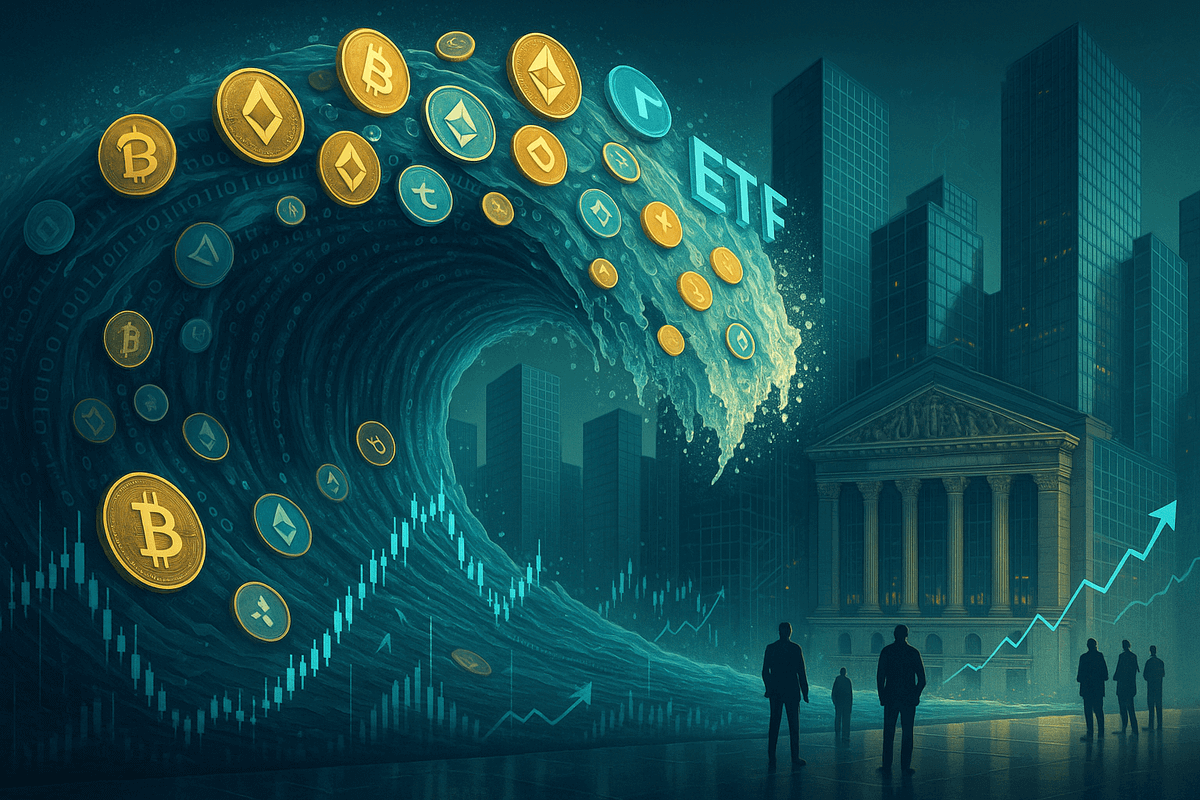Ethereum has established itself as the leading blockchain for Non-Fungible Tokens (NFTs), driving innovation in digital ownership, art, gaming, and the metaverse. As the NFT market continues to evolve, Ethereum remains at the forefront, shaping new trends and offering immense growth potential.

Why Ethereum Dominates the NFT Market
Ethereum’s robust smart contract capabilities and widespread adoption make it the preferred blockchain for NFT projects. Key reasons for its dominance include:
- Security and Transparency: Ethereum’s decentralized network ensures secure ownership verification and fraud prevention.
- Interoperability: NFTs on Ethereum can seamlessly interact with DeFi platforms, marketplaces, and gaming ecosystems.
- Large Developer and User Base: Ethereum has the most extensive NFT community, fostering continuous innovation and market demand.
Emerging Trends in Ethereum NFTs
- NFTs in Gaming
- Blockchain-based games like Axie Infinity and Decentraland are integrating NFTs for in-game assets.
- Play-to-Earn (P2E) models allow gamers to monetize their time and skill.
- NFTs and the Metaverse
- Virtual worlds like The Sandbox and Otherside use Ethereum-based NFTs for digital land, avatars, and assets.
- Companies are investing in metaverse projects, accelerating NFT adoption.
- Fractionalized NFTs
- Fractional ownership allows users to invest in high-value NFTs, making digital collectibles more accessible.
- Platforms like Fractional.art enable shared ownership of rare NFTs.
- Utility-Based NFTs
- Beyond art, NFTs now provide access to exclusive memberships, events, and services.
- Businesses are exploring NFT-based loyalty programs and ticketing systems.
- Ethereum’s Layer 2 Scaling Solutions
- High gas fees on Ethereum have driven adoption of Layer 2 solutions like Polygon and Immutable X.
- These technologies enhance NFT transactions by reducing costs and increasing efficiency.
Challenges and Future Outlook
While Ethereum NFTs offer significant opportunities, they also face challenges:
- Environmental Concerns: Although Ethereum 2.0 has reduced energy consumption, sustainability remains a focus.
- Regulatory Uncertainty: Governments are developing policies that could impact NFT markets.
- Market Volatility: NFT values fluctuate, requiring careful investment strategies.
Despite these challenges, the NFT space on Ethereum is poised for continued expansion. As more industries embrace blockchain technology, Ethereum NFTs will likely play a crucial role in digital ownership, entertainment, and finance, making them a key asset class of the future.
Disclaimer: This article is for informational purposes only and is not investment advice. Investors should research carefully before making any decisions. We are not responsible for your investment decisions.
















